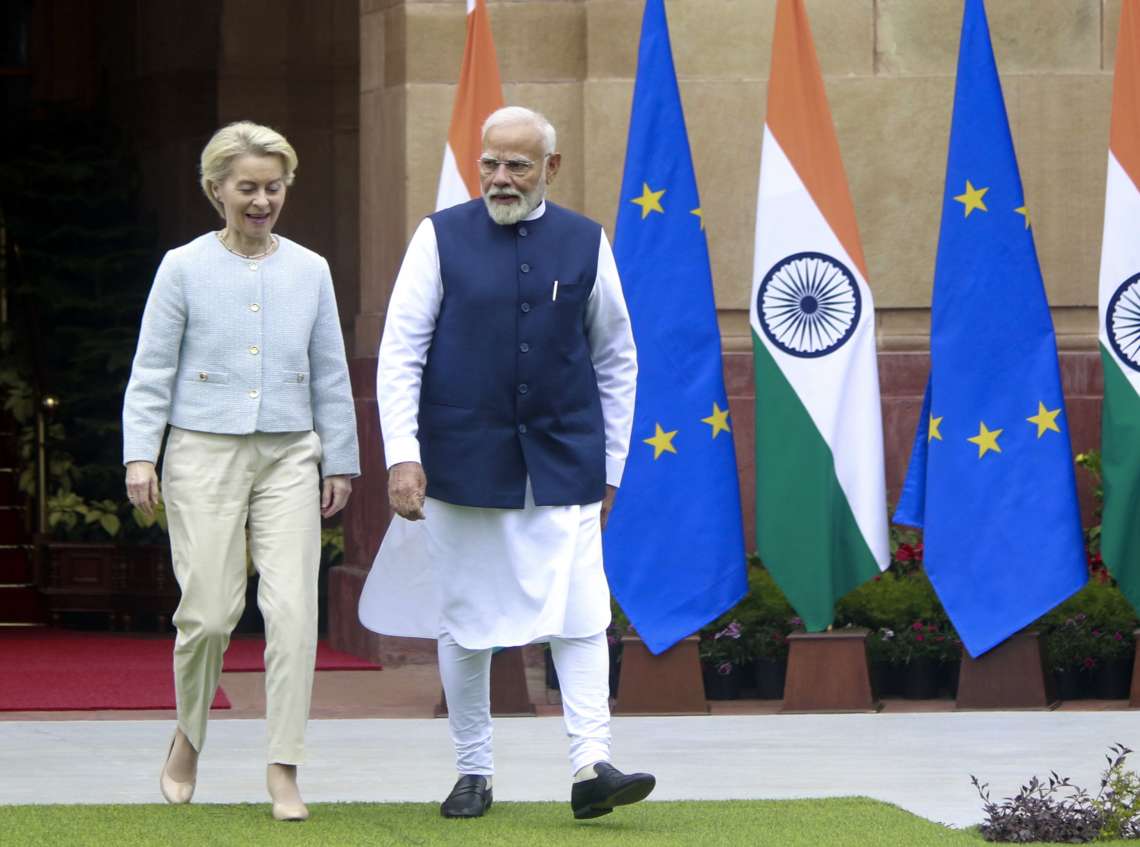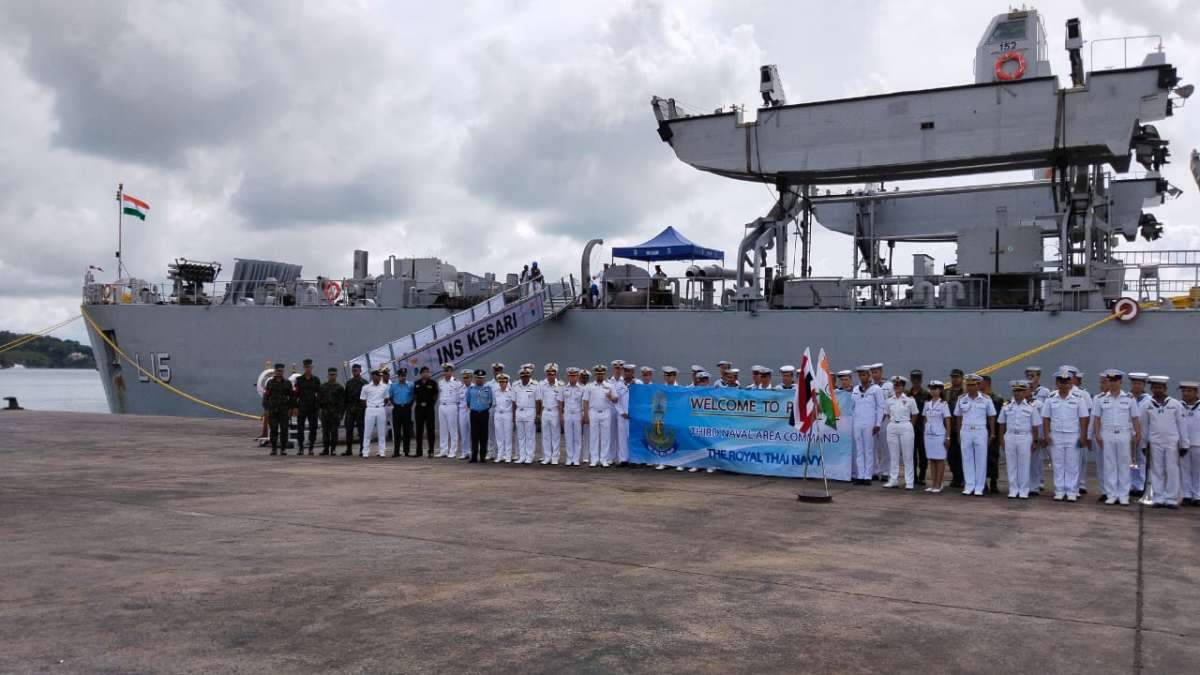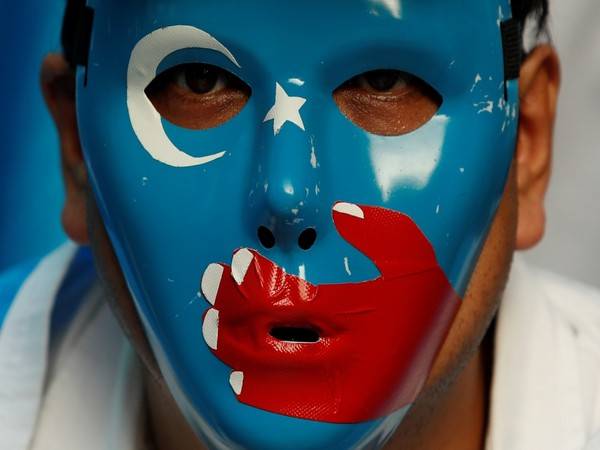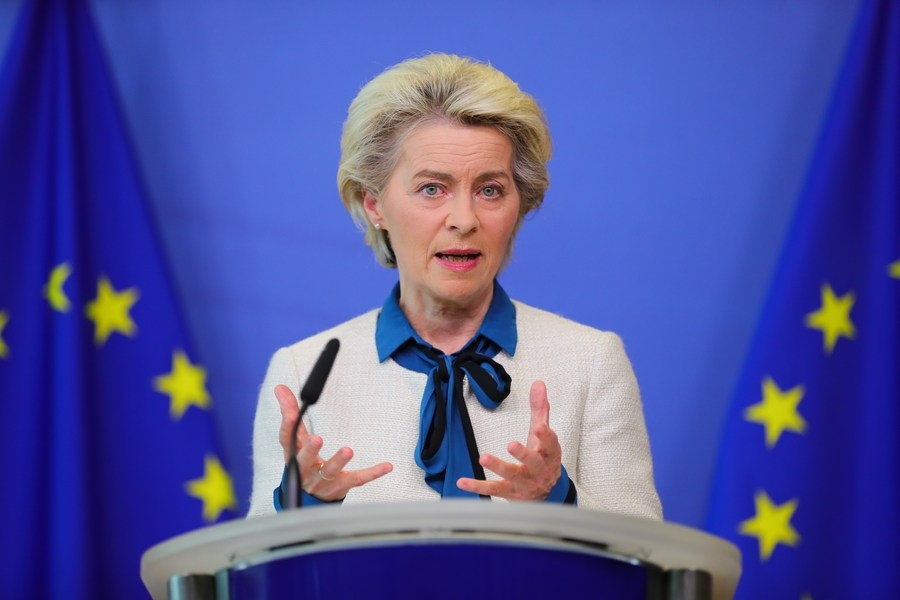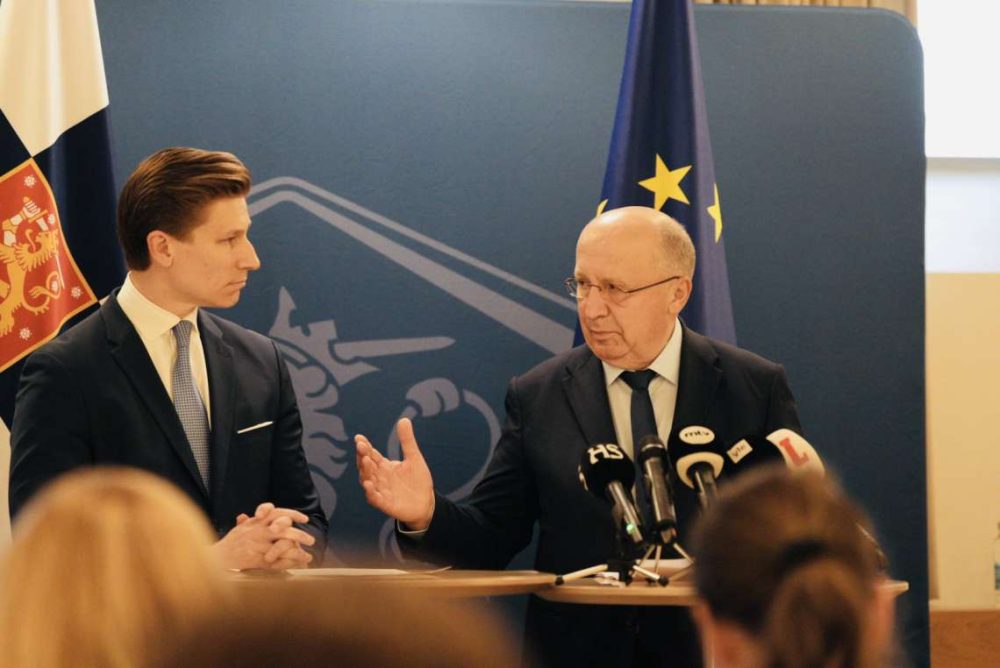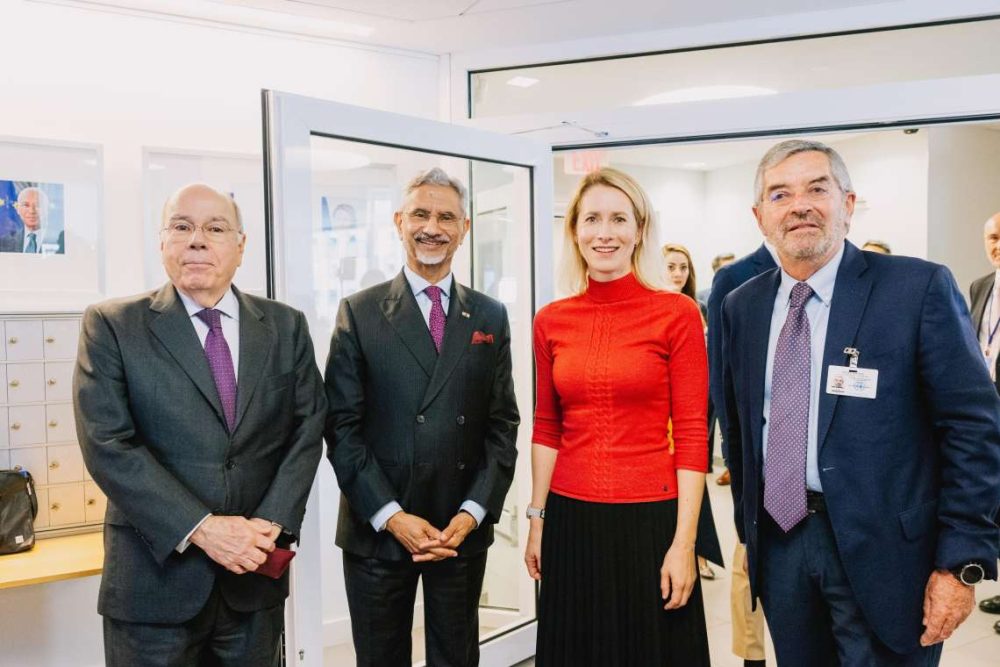The EU Commission President Ursula von der Leyen praised PM Modi for speaking with President Zelenskyy and said India has an important role in ending Russia’s war, a report by Aravind Rajeev
Donald Trump’s presidency has been built on noise, and nowhere is the gap between words and action clearer than in Ukraine.
For years, he said he could end the war in one day, as if Europe’s biggest conflict since the Second World War could be solved with tough talk.
Months into his return to the White House, the war goes on. Russia is still in place, Ukraine is badly hurt but still fighting, and the West is split over how long to give support.
Trump’s bold promise has turned out to be empty. Instead of careful diplomacy, Trump has brought confusion.
His executive orders have worried allies and given hope to enemies.
His 50 per cent tariffs on goods from India, Europe and Canada were meant to protect American workers but have only damaged trade and angered partners, while doing nothing to change Russia’s actions.
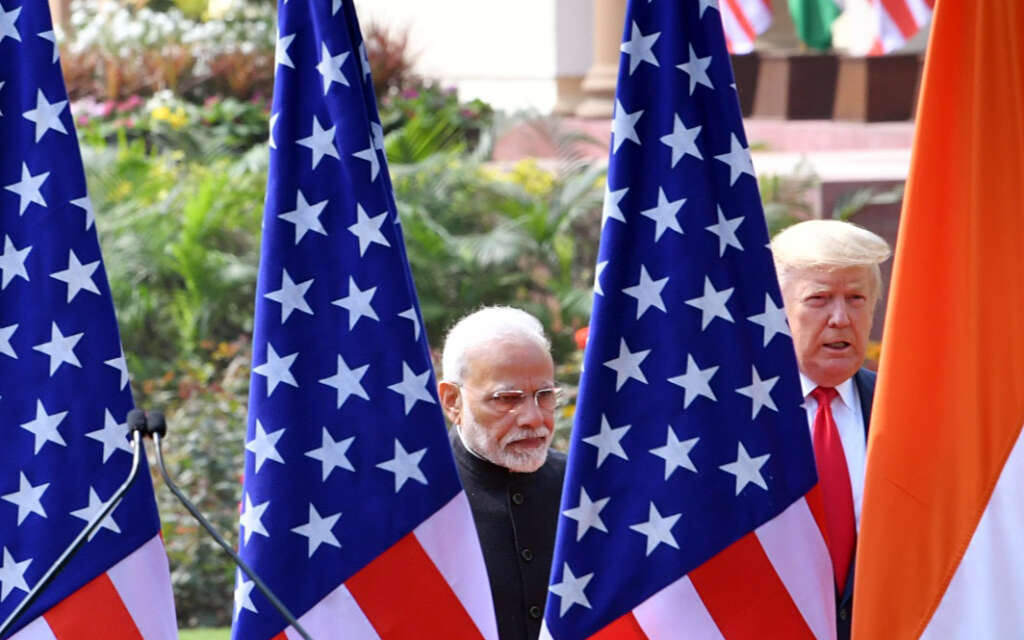
He has blocked NATO funds and said he may cut U.S. aid to Ukraine, showing weakness when strength is needed.
These choices have given Russian President Vladimir Putin more freedom and left Europe looking for other partners.
This is why the European Union has turned to India. Ursula von der Leyen, the EU Commission President, praised Prime Minister Narendra Modi for speaking with Ukrainian President Volodymyr Zelenskyy and said India has an important role in ending Russia’s war.
Her message was both support for India and a quiet sign that Trump cannot be trusted to lead.
If the United States will not step up, others must.
India’s role is not simple. It has old defence and energy links with Russia but also wants stronger ties with the U.S. and Europe. It has bought cheap Russian oil while keeping open talks with Ukraine.
This careful approach has given New Delhi respect as a possible peace broker, unlike Trump’s loud but empty claims.
In a world full of tariffs and threats, steady behaviour is valued. Europe now wants to build on this.
The EU–India Free Trade Agreement, blocked for years, is moving again and may be signed by the end of 2025. This week, EU Trade Commissioner Maros Sefcovic is heading to New Delhi, signalling reinforced momentum behind the FTA negotiations.
EU leaders also want a joint plan with India at the 2026 summit, covering security, energy, climate and technology.
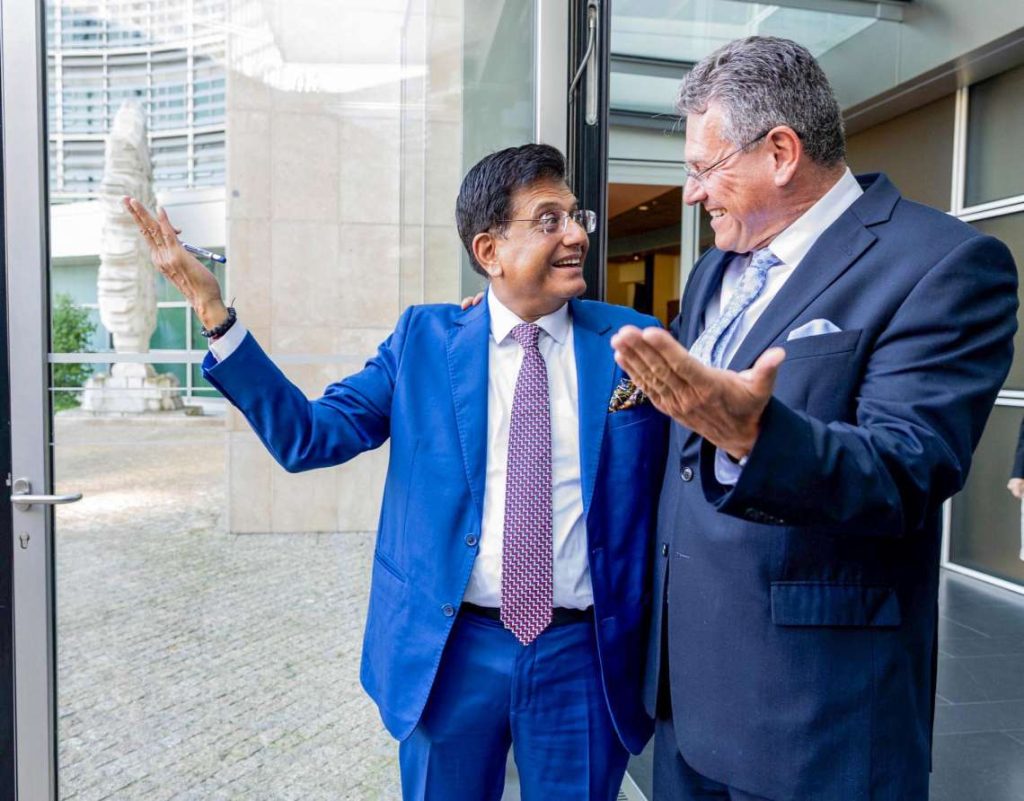
While Trump is raising tariffs and picking fights, India and Europe are looking for ways to work together.
But this chance also carries risks. If India grows closer to Europe, Trump may strike back with new tariffs, sanctions or visa rules.
And if India pushes Russia too far, it could lose vital defence supplies.
Diplomacy works slowly and with trust, not with threats. The irony is that Trump’s failures have given others a chance.
By stepping back from leadership on Ukraine, he has opened space for India, Europe and even countries like Brazil and Turkey to play a role.
His tariff fights have hurt trade and his mixed signals on NATO have shaken allies. Instead of ending the war, he has made the world less stable.
Trump will not be seen as the master negotiator he claims to be but as the leader who talked big, acted small and left others to handle the crisis.
Now the real question is whether India and the EU can turn his weakness into an opening, building peace, trade and a new path of cooperation.


